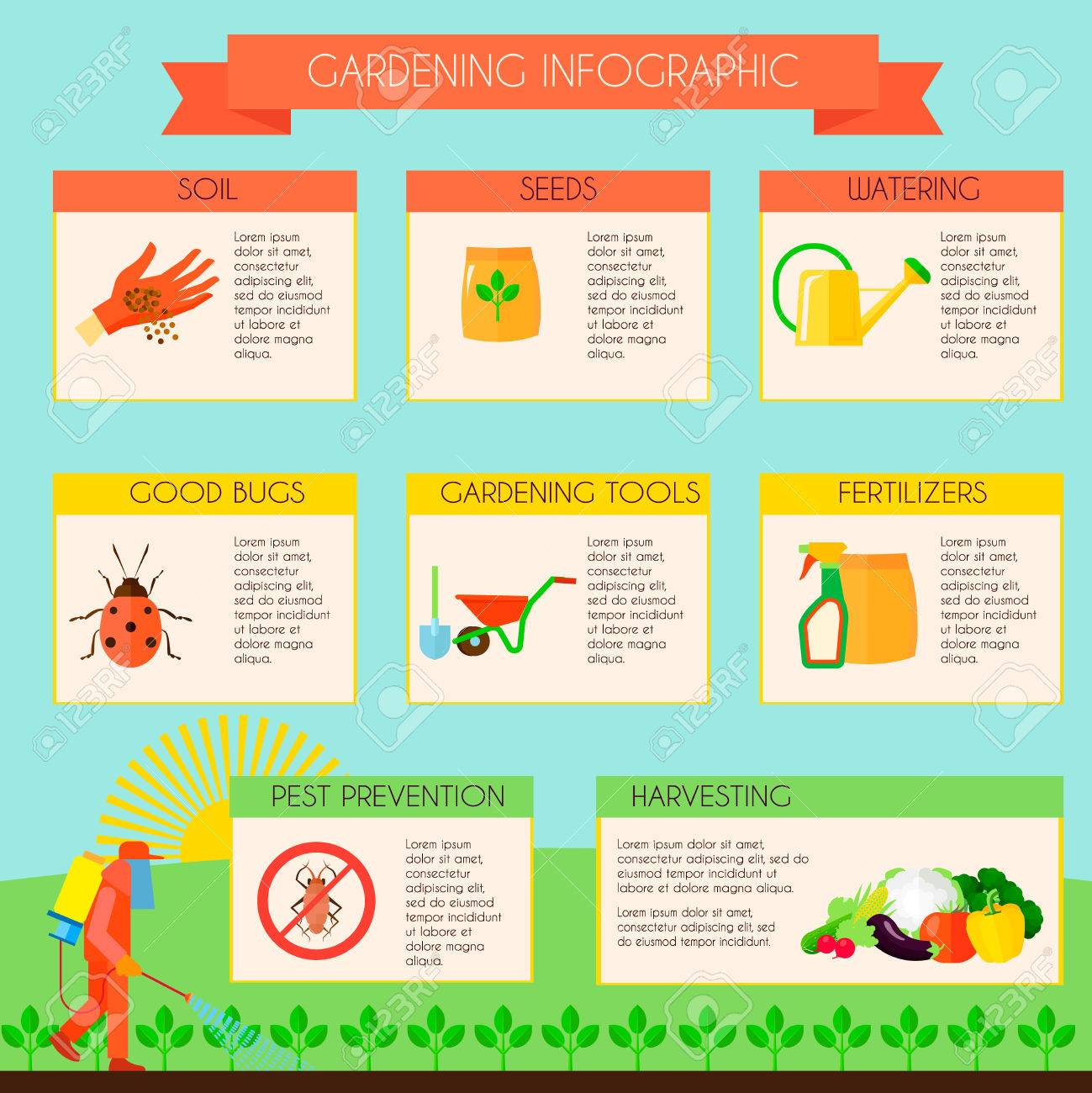Pest-Proofing Your Yard: Tips For Keeping Outdoor Insects At Bay
Pest-Proofing Your Yard: Tips For Keeping Outdoor Insects At Bay
Blog Article
Content Writer-Lambertsen Qvist
Picture your yard as a refuge, a place of peace and charm. However, the presence of exterior pests can promptly interrupt this ideal photo. What if there were easy yet reliable methods to keep these unwanted site visitors at bay and shield your yard sanctuary? By following a few practical tips and carrying out natural strategies, you can develop an unified exterior room where your plants can grow uninterrupted.
Natural Parasite Deterrents
To maintain insects away from your garden naturally, plant aromatic herbs like mint and lavender. These fragrant plants not only include beauty to your yard yet likewise function as efficient pest deterrents. Parasites like mosquitoes, flies, and also some garden-damaging insects are repelled by the strong scents produced by these herbs. Just placing https://andreskezsn.ambien-blog.com/32673810/seeking-an-environment-friendly-method-to-maintain-rodents-at-bay-explore-our-guide-to-all-natural-insect-control-techniques-for-a-lasting-solution-to-your-rat-troubles around your garden can assist develop an all-natural obstacle against undesirable insects.
In addition to mint and lavender, consider growing other natural herbs like rosemary, basil, and lemongrass to further improve your yard's pest-proofing abilities. These natural herbs not only work as natural repellents but also have the added benefit of being useful in food preparation or crafting self-made remedies.
Strategic Plant Positioning
Take into consideration the layout of your yard and the kinds of plants you need to purposefully put them for optimum pest-proofing efficiency.
Beginning by organizing plants with comparable resistance to pests together. By doing this, you can produce an all-natural obstacle that hinders parasites from spreading throughout your garden.
Additionally, placing pest-repelling plants like marigolds, lavender, or mint near more vulnerable plants can aid secure them. Tall plants, such as sunflowers or corn, can act as a shield for much shorter plants versus insects like rabbits or ground-dwelling pests.
Remember to leave adequate area in between plants to improve air circulation and lower the risk of illness that pests might carry.
Additionally, think about planting strong-smelling herbs like rosemary or basil near susceptible plants to perplex insects' senses and make it harder for them to locate their targets.
Effective Insect Control Approaches
For combating yard parasites successfully, implementing a multi-faceted bug control method is vital. Beginning by encouraging all-natural killers like birds, ladybugs, and hoping mantises to help keep insect populaces in check. Presenting plants that attract these valuable bugs can help in bug control. In addition, practicing great garden health by removing debris and weeds where bugs might conceal can make your garden less hospitable to unwanted visitors.
Take into related internet page making use of physical barriers such as row cover materials or netting to protect prone plants from pests like caterpillars and birds. Using natural chemicals like neem oil or insecticidal soap can also be effective versus specific pests while being much less hazardous to advantageous bugs and the environment. It's important to turn your plants each season to stop the build-up of insect populaces that target certain plants.
On a regular basis check your plants for indicators of pest damage so you can do something about it quickly. By integrating these methods and remaining alert, you can efficiently manage yard bugs and appreciate a growing, pest-free yard.
Verdict
So, there you have it - with the appropriate methods, you can maintain pesky exterior insects away from your yard and help your plants grow.
Did you understand that growing mint has been shown to repel insects and other insects, minimizing the demand for damaging chemicals by up to 60%?
By including natural deterrents and smart planting techniques, you can produce an attractive and pest-resistant yard sanctuary for you to enjoy.
